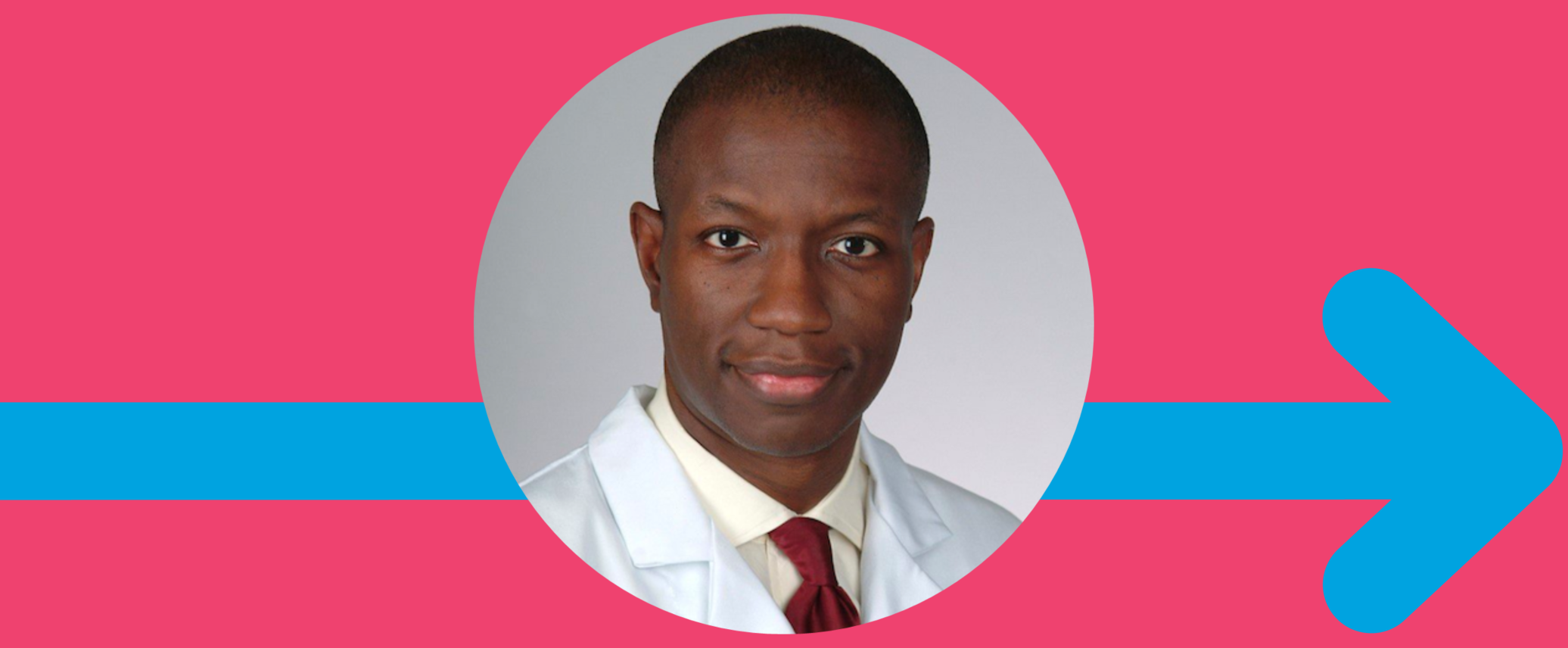An international expert on improving stroke care and outcomes for vulnerable populations is visiting New Zealand as a guest of the Neurological Foundation.
Professor Bruce Ovbiagele is a health equity scholar and neurologist based at the Weill Institute for Neurosciences at the University of California San Francisco. He leads several United States programmes focused on improving stroke outcomes among vulnerable and underserved populations, and mentors early career scholars, particularly from minority groups.
He is a keynote speaker at the Stroke Society of Australasia (SSM) Annual Scientific Meeting 2022, August 31 to September 2, to be held for the first time in Christchurch, where he will present two lectures titled: Improving stroke outcomes for disparate populations in high income regions; and Innovative stroke prevention solutions to address inequity.
The Neurological Foundation sponsored his visit in recognition of the importance of his area of expertise.
His talk will cover stroke disparities among socio-economically disadvantaged, racial and ethnic minorities, and the significant work he has done in the United States to address this disparity.
“Stroke, which is a leading worldwide cause of death, disability, and dementia, disproportionately affects vulnerable populations,” Professor Ovbiagele says.
“Vulnerable groups are more likely to fall through the cracks and so understanding the underlying areas of susceptibility to stroke risk is vital, to develop targeted quality improvement efforts.”
In New Zealand, stroke incidence and mortality has declined over the last three decades, however ethnic disparities in risk and outcome for stroke have lingered. For instance, the average age of stroke onset for Māori is much earlier than for Pākeha.
“And when stroke does occur it tends to confer greater dependent disability among the Māori population,” Professor Ovbiagele adds.
He will argue the need for greater emphasis on the primary and secondary prevention of stroke, the importance of understanding the social determinants of stroke prevention, and the value of community partnerships.
“There is also a need to recruit more individuals from vulnerable populations as subjects in research studies; and to develop more individuals from underrepresented groups to become stroke carers and researchers.”
“However as I often tell my patients: ‘the best stroke is the stroke you never had’. So even with such a terrific health system for treating stroke patients in New Zealand, there might still be opportunities to enhance the prevention of strokes by finding avenues to bridge any possible stroke care and outcome disparities among vulnerable New Zealanders.”
The theme of this year’s conference is “Connections. Excellence. Equity”. Usually held in Australia, the annual meeting comes to New Zealand every five years. It will be the first face-to-face SSA meeting held during Covid times.
Professor Ovbiagele will be joined by two other international speakers: Associate Professor Sook-Lei Liew from the University of California, who will speak about her research titled ‘Big data neuroimaging for stroke recovery’; and Associate Professor Marianne Klinke from the Faculty of Nursing at the University of Iceland, whose talk is titled ‘Spatial neglect: Insights from bedside clinical research’.






